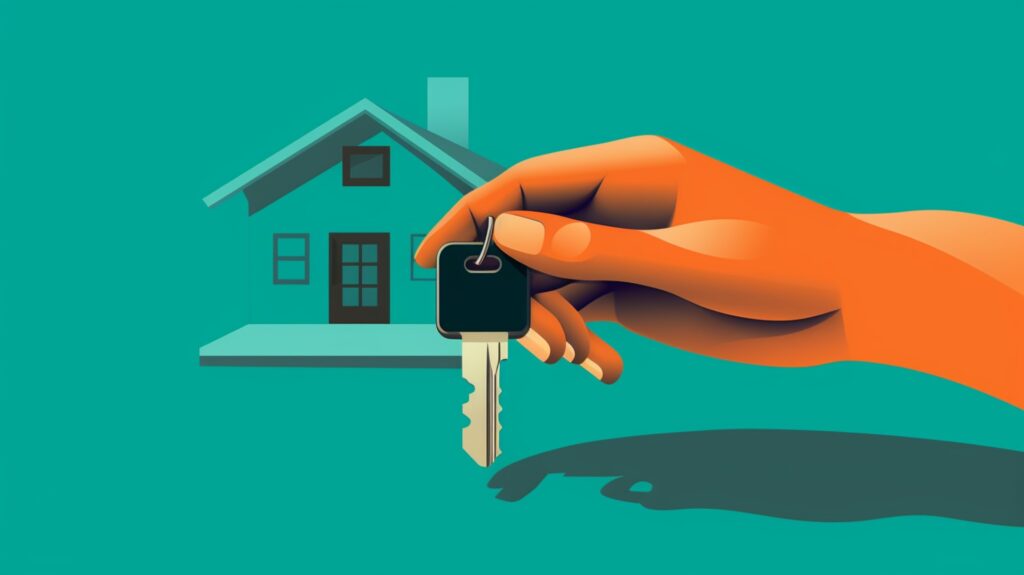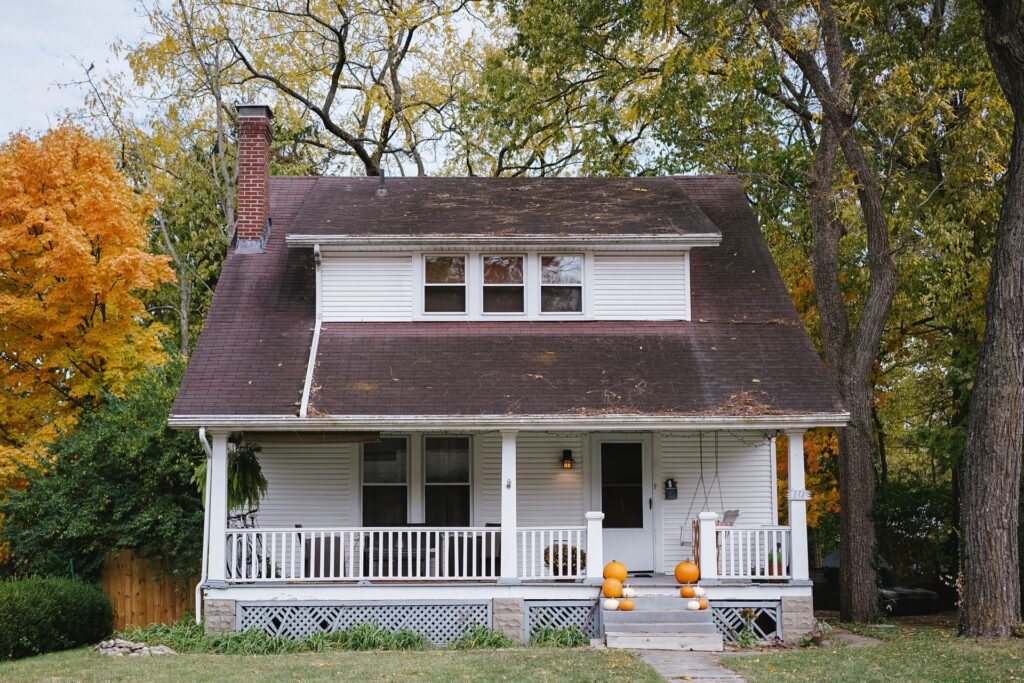
We are reader-supported. When you buy through links on our site, we may earn an affiliate commission.
Imagine that you’re a hardworking member of the American middle class. Having saved some money for several years, you decide to invest in a rental property. As a rental property owner, it is vital that you prepare for worst case scenarios, especially squatters.
Picture this: while searching for a new tenant, you discover that someone has moved into your property without your knowledge. Somehow, they’ve managed to transfer some utility bills to their name without ever signing a lease. On top of it all, they aren’t paying you rent.
By this point you’ve probably contacted local law enforcement to help remove the trespasser, but they can’t assist you. Since the unknown person has been living there for some time and making payments, the police say this is a civil case – not a criminal case.
To remove this person and earn rent from your property, you’ll have to file an eviction notice. This will begin a lengthy legal process that will cause financial strain.
As the owner of a rental property, it’s very important to know how to protect your investment by familiarizing yourself with the rights of squatters.
What Are Squatters?
The term “squatter” refers to a person who starts living on property that doesn’t legally belong to them. They are there without the property owner’s permission, and they aren’t paying the owner to use the property.
Squatters are different from trespassers, who typically don’t stay on private property for a long time. However, trespassers can turn into squatters if property owners don’t promptly remove them. While the courts typically treat trespassing as a criminal case, cases involving the issues of squatters fall under civil action.
Since the courts consider squatting a civil case, it can be difficult, costly, and time-consuming to reclaim your property from squatters. Although every state has different laws regarding how to handle trespassers and squatters, all states require you to use peaceful, legal means of removal rather than physical force.
In rare circumstances, the law grants squatters rights to another person’s property by way of adverse possession. Adverse possession is a legal principle that determines the ownership of property according to use. Some people refer to adverse possession as “squatters’ rights.”
How Are Squatters’ Rights Legal?
In the American legal system, every person within a legal suit has rights. Having individual rights safeguards justice and ensures that every person is treated fairly and with respect as a human being. Because the legal system punishes violence, homeowners don’t have the right to forcibly evict squatters.
The American legal system has been developed over many years as lawyers and judges responded to the issues of their times. The roots of squatters’ rights can be found in the history of England, where impoverished individuals would move to the country and build homes on land they didn’t own to create a living for themselves.
In the 1800s, the U.S. government offered homesteaders deals on land ownership if they were willing to commit to a location and cultivate claimed property for a certain amount of time. Squatting operates on similar principles, although it’s not legally approved when it begins.
Although the laws for adverse possession vary by state, squatters must fulfill a rigorous list of requirements in order to gain legal possession of property. For example, one requirement is that they must have obviously lived on the property for a lengthy period of time.
Lawmakers originally created adverse possession to protect tenants from unethical landlords. However, in trying to protect tenants from landlords, the law has sometimes made it challenging for landlords to protect themselves from unethical tenants.
How Can I Protect My Property From Squatters?
Since evicting illegal tenants can be so difficult, there are several steps landlords should take to protect their property from squatters. First of all, it’s essential that you do not leave your rental property vacant for long periods of time. Landlords should secure their property with signs and security equipment.
It’s also a good idea to visit your properties in person on a regular basis. You can inspect the security of rentals and check with neighbors about any suspicious activity. Regular visits ensure that you can act quickly to evict trespassers before they become long-term squatters.
Some squatters are con artists who target abandoned buildings and short sales so that they can unethically use your property. However, not all squatters break into properties with evil intent. For instance, squatting can sometimes occur during estate battles or rental property transitions. In every case, pursuing legal action is the best way for landlords to evict squatters.
Because every state has different laws, it’s essential for you to research your local area before you take any steps to reclaim your property. Acting quickly will save you time and money over the long term. If you find yourself dealing with a squatter, it’s a good idea to ask local law enforcement for help and to hire a good lawyer. In terms of preventative measures, it may be wise to connect with a property management group.
Knowledge is Power
Because squatters fall under the jurisdiction of civil cases in the United States, they do have rights. However, squatters don’t have the right to take property from a landlord who legally owns and maintains their property except in rare instances.
By securing and checking on your rental properties, you can protect yourself from trespassers and squatters. Research your state to ensure you fully understand tenant rights and your rights as a local landowner.
The justice system exists to weigh individual rights in the balance and solve disputes in the most equitable way possible. Knowledge will equip you to understand any gray areas in the law so that you can manage your rental properties with confidence.










